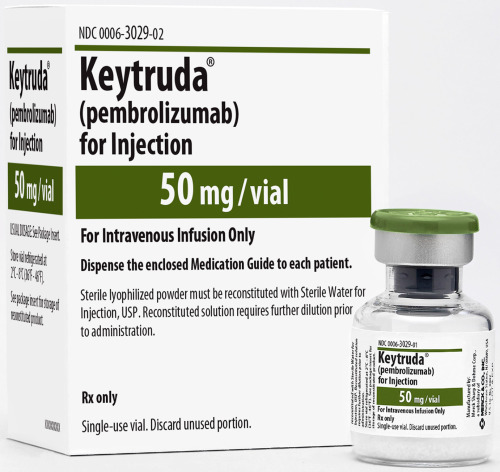FDA News: Week of May 15, 2017

KALYDECO (ivacaftor) tablets, oral granules
Vertex Pharmaceuticals
SUPPLEMENTAL INDICATION: Treatment of cystic fibrosis (CF) in patients age 2 years and older who have one mutation in the CFTR gene that is responsive to ivacaftor potentiation based on clinical and/or in vitro assay data.
If the patient’s genotype is unknown, an FDA-cleared CF mutation test should be used to detect the presence of a CFTR mutation followed by verification with bi-directional sequencing when recommended by the mutation test instructions for use.
ADDRESSING UNMET NEED:
- CF affects cells that produce mucus, sweat and digestive juices; rare disease that affects about 30,000 people in US
- Expanded indication triples the number of rare gene mutations that the drug can now treat
- Many rare mutations have small patient populations precluding clinical trials
- Alternative approach, based on precision medicine, to identify certain gene mutations that are likely to respond to Kalydeco
REG PATHWAY: sNDA
- Approval based, in part, on the results of laboratory testing, used in conjunction with evidence from earlier human clinical trials
- Pathway for adding additional rare mutations of the disease based on laboratory data
- Serves as an example of how successful patient-focused drug development can provide greater understanding about disease
- Cystic Fibrosis Foundation maintains 28,000-patient registry, including genetic data, for research
EFFICACY:
- Evidence from laboratory-based in vitro assay data
- Previous approval covered 10 different mutations; efficacy against 23 additional mutations based on stringent criteria
- Good understanding of the disease, thorough knowledge of clinical aspects of disease, data on thousands of CF patients and their mutations
- Existing large efficacy and safety database, well-established risk/benefit profile
- Solid understanding of the drug’s mechanism of action
- In vitro data also able to identify types of CFTR mutations NOT responsive to drug
SAFETY:
- Common side effects: Headache; upper respiratory tract infection, abdominal pain; diarrhea; rash; nausea; and dizziness.
- Risks: Elevated transaminases, pediatric cataracts
KEYTRUDA (pembrolizumab) injection
Merck
SUPPLEMENTAL INDICATIONS:
- Treatment of patients with locally advanced or metastatic urothelial carcinoma who are not eligible for cisplatin-containing chemotherapy
- Treatment of patients with locally advanced or metastatic urothelial carcinoma who have disease progression during or following platinum-containing chemotherapy or within 12 months of neoadjuvant or adjuvant treatment with platinum-containing chemotherapy
REG PATHWAY: sNDA, Priority Review, Breakthrough Designation
- Regular approval for locally advanced or metastatic urothelial carcinoma with progression during or following platinum-containing chemotherapy
- Accelerated approval for locally advanced or metastatic urothelial carcinoma not eligible for cisplatin-containing chemotherapy
- Accelerated approval based on tumor response rate and duration of response; continued approval may be contingent upon verification and description of clinical benefit in confirmatory trials
EFFICACY:
Previously Treated Urothelial Carcinoma: Multicenter, randomized, active-controlled trial, n=270, patients with locally advanced or metastatic urothelial carcinoma with disease progression on or after platinum-containing chemotherapy; KEYTRUDA vs. investigator’s chemotherapy choice
- Major efficacy outcomes: Overall survival (OS), Progression-Free Survival (PFS), Overall Response Rate (ORR) assessed by BICR per RECIST 1.1
- Median OS: 10.3 vs. 7.4 months (p=0.004)
- ORR: 21% vs. 11%, (p=0.002)
- No statistically significant difference in PFF
Cisplatin Ineligible Patients with Urothelial Carcinoma: Multicenter, open-label, single-arm trial, n=370, patients with locally advanced or metastatic urothelial carcinoma who were not eligible for cisplatin-containing chemotherapy
- Major efficacy outcome measures: ORR according to RECIST 1.1, Duration of Response (DOR)
- ORR: 28.6% (95% CI 24, 34), median DOR not reached (range 1.4+, 17.8+ months)
SAFETY:
- Most common adverse reactions: Fatigue, musculoskeletal pain, pruritus, decreased appetite, nausea, diarrhea, constipation, and rash
- Serious adverse reactions: Immune-mediated adverse reactions, including pneumonitis, colitis, hepatitis, and endocrinopathies
Image credits: Vertex, Google

